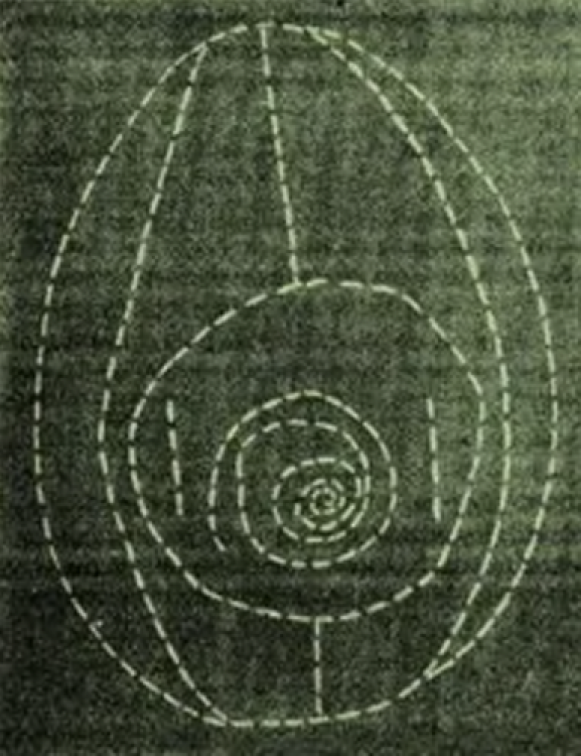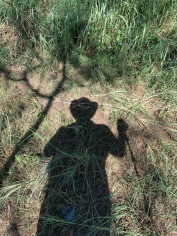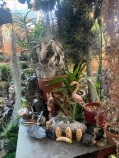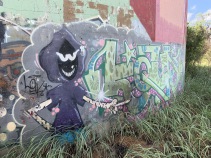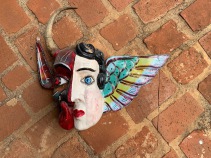As-ifology (The Subjunctive Phase)
What Is The Body Without Organs?
Once we come to see that many of our best theories are idealizations, we will also see why our best chance of understanding the world must be to have a plurality of ways of thinking about it.
KWAME ANTHONY APPIAH
As If
It must be remembered that the object of the world of ideas as a whole is not the portrayal of reality—this would be an utterly impossible task—but rather to provide an instrument for finding our way about more easily in the world.
CS PIERCE
It was not far I got before I stumbled upon le cadavre exquis, that exquisite corpse of the "body without organs". What tomfoolery are they up to, this pair, D&G? Deleuze and Guattari that is (for those not in the know; and I hope, for your sake, that includes you). Two thick volumes of Gallic flummery. Google "body without organs" and see how many are compelled to say what this pair of tricksters meant by lifting this self-contradicting term (taken from Antonin Artaud, from a play) without (you may be assured) the author's permission (unless obtained through the intervention of a forensically qualified medium).
I will not hazard guessing what D&G may have meant, if meaning anything, if not just playing games, amusing themselves. They provide an obsidian explanation and most of their expositors are (to me) equally obscure and obdurate. I am soothed by reading what David Lewis wrote about excluding the views of Liebniz in his own work "On the Plurality of Worlds":
"...when I read what serious historians of philosophy have to say, I am persuaded that it is no easy matter to know what his (Liebniz) views were. It would be nice to have the right sort of talent and training to join in the work of exegesis, but it is very clear to me that I do not. Anything I might say about Leibniz would be amateurish, undeserving of others' attention, and better left unsaid."
Even moreso I lack the talent and training to be ablle to comment in any meaningful way on what D&G may have4 been aiming at in lifting this term from Artaud. I'm snatching up the image for my own purpose. If it bears any similarity to the intentions of D&G I can't say and I don't care. This is my body without organs, not their "body without organs". Mine describes a phenomenological "truth". I experience little more than a trace of organs, a beating and a breathing, my belly region bellowsing. 'My' body represents itself, to itself, then secondarily to 'me.' In spaces my coloring book indicates there are to be organs I find only a void, a darkness. All the action, the regulating, goes on in deepest secret as if by revolutionary cells, secret even from each other.
This body, which by curious linguistic convention I call "mine," certainly feels as if it has no organs. I am to myself a black box.
